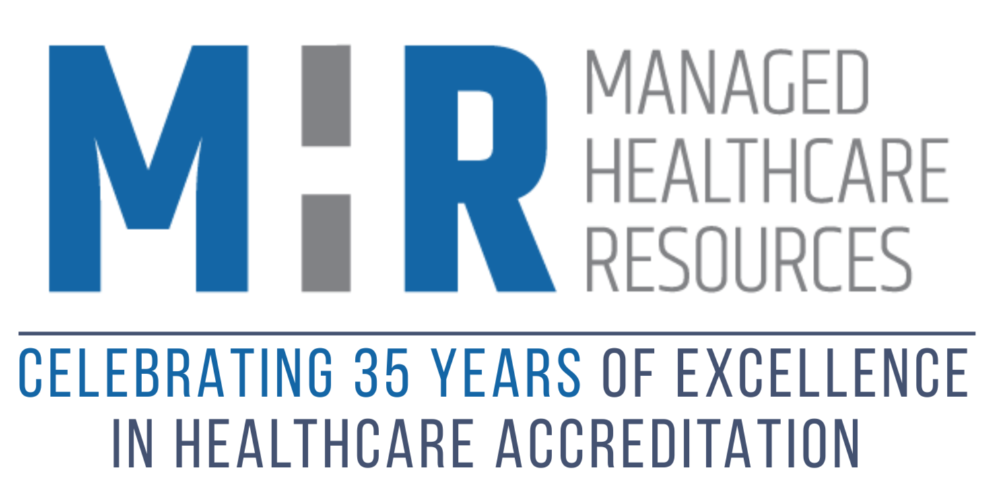Case Study #6: Inadequate Number and Inexperienced Staff
Organizations of all sizes can have difficulty preparing policies, procedures, reports, and materials that meet the NCQA standards and possibly regulatory requirements when preparing for an NCQA survey. This can happen due to staffing changes or shortages, a lack of prioritization of NCQA, or a lack of training. Expert guidance from MHR led to this health plan achieving 100% of points on scored standards.
After having completed MHR’s Full Gap Analysis for an organization pursuing its first NCQA Renewal Survey, MHR’s Consultant found that staff was not well-versed in the standards and how to conduct a quantitative and qualitative (Q&Q) analysis, business leads did not understand the data needed for quality reporting, documents were in varying formats across departments, and ownership of actions required was unclear.
Of greatest significance was the depth and breadth of their delegate structure. Activities in utilization management (UM), member experience (ME), network management (NET), credentialing (CR), quality improvement and management (QI), and population health management (PHM) were delegated. The organization was uncertain about the data needed for oversight and analysis and whether auto-credit was available. MHR’s experienced Consultant recognized the need for a prompt end-to-end assessment of all delegates and a consistent method of oversight and reporting.
Delegation oversight affecting multiple standard sets is a high-point activity and risks the organization's NCQA status if scoring is not met. The MHR Consultant advocated using MHR’s proprietary analysis templates, notably the Delegation Suite, which provides clients with an end-to-end solution for delegation management and oversight. The organization was primed to build the infrastructure necessary for ongoing quality improvement and moved quickly to implement the MHR templates and tools. Staff were trained, and subject matter experts for each area were coached on using the templates.
Because the foundational work was completed with the templates and guide, the organization could use that investment with updates on work done between accreditation cycles for sustaining accreditation cycle to cycle.
Greatest takeaway? Adopting a consistent method of documentation, analysis, and reporting adds organizational value through improved insight and efficient practices. Organizations can inquire about MHR’s list of templates, tools, and training through their MHR Consultant or at managedhealthcareresources.com.
Interested in learning more about our firm?
Complete the quick form below and one of our consultants will be in touch.

